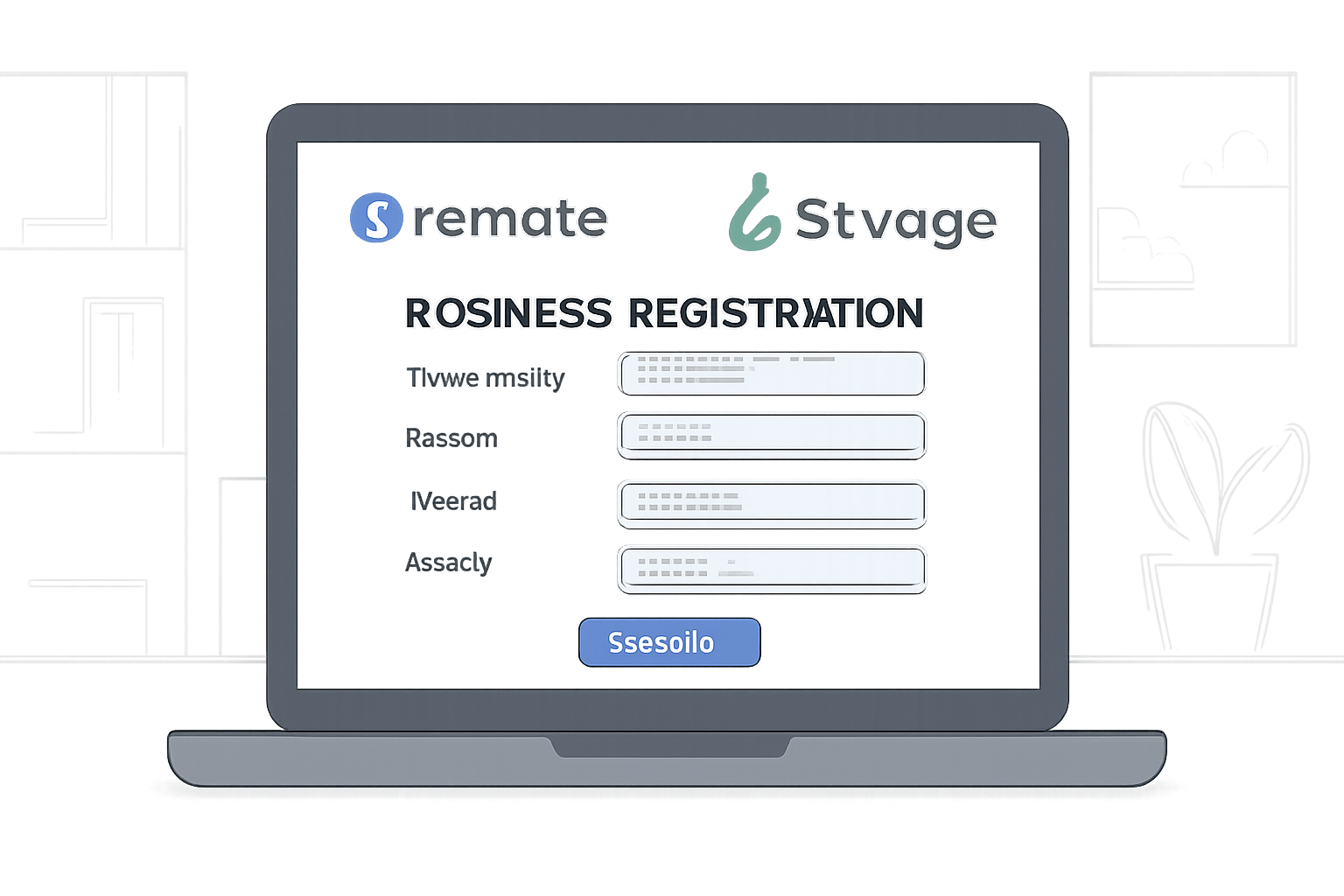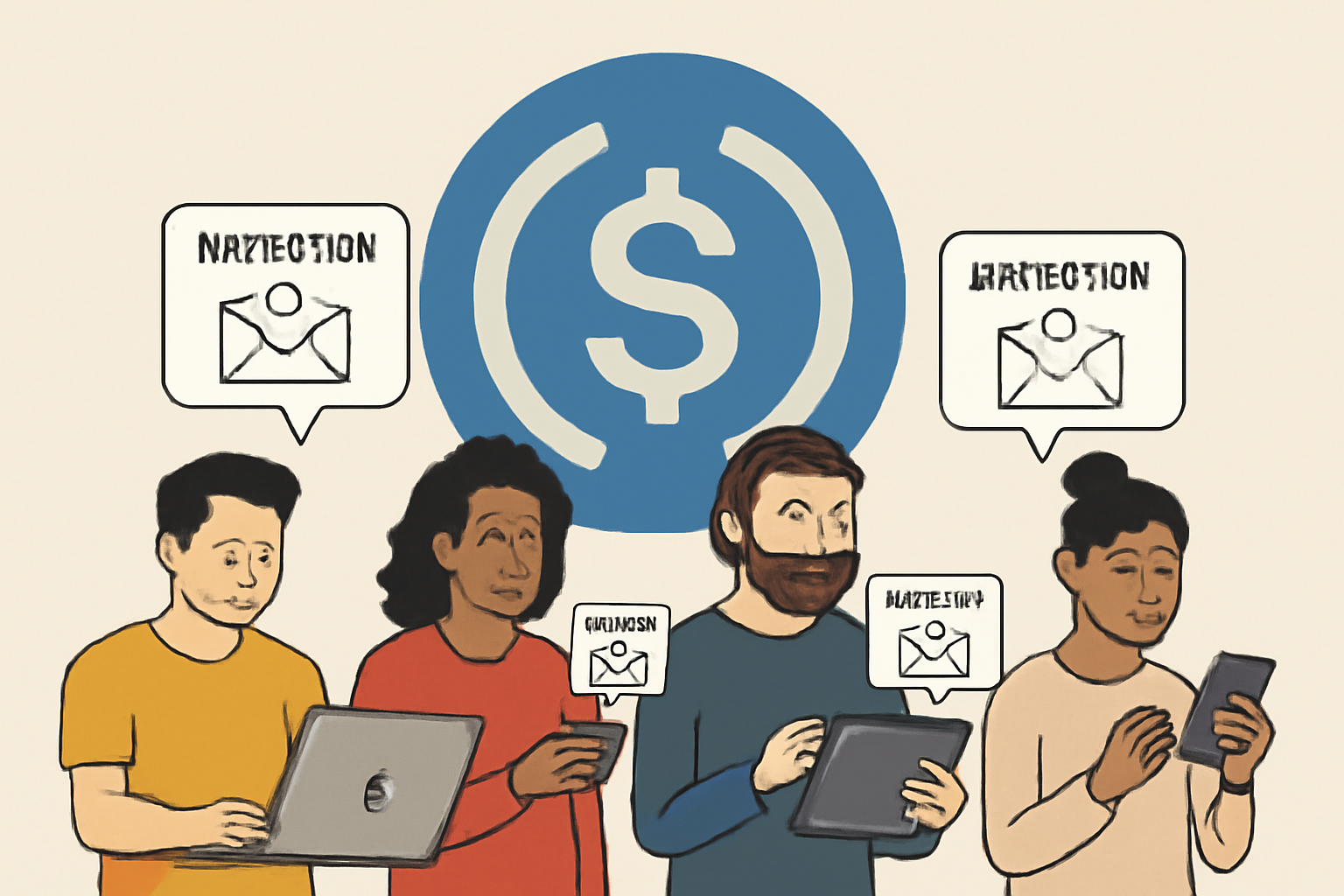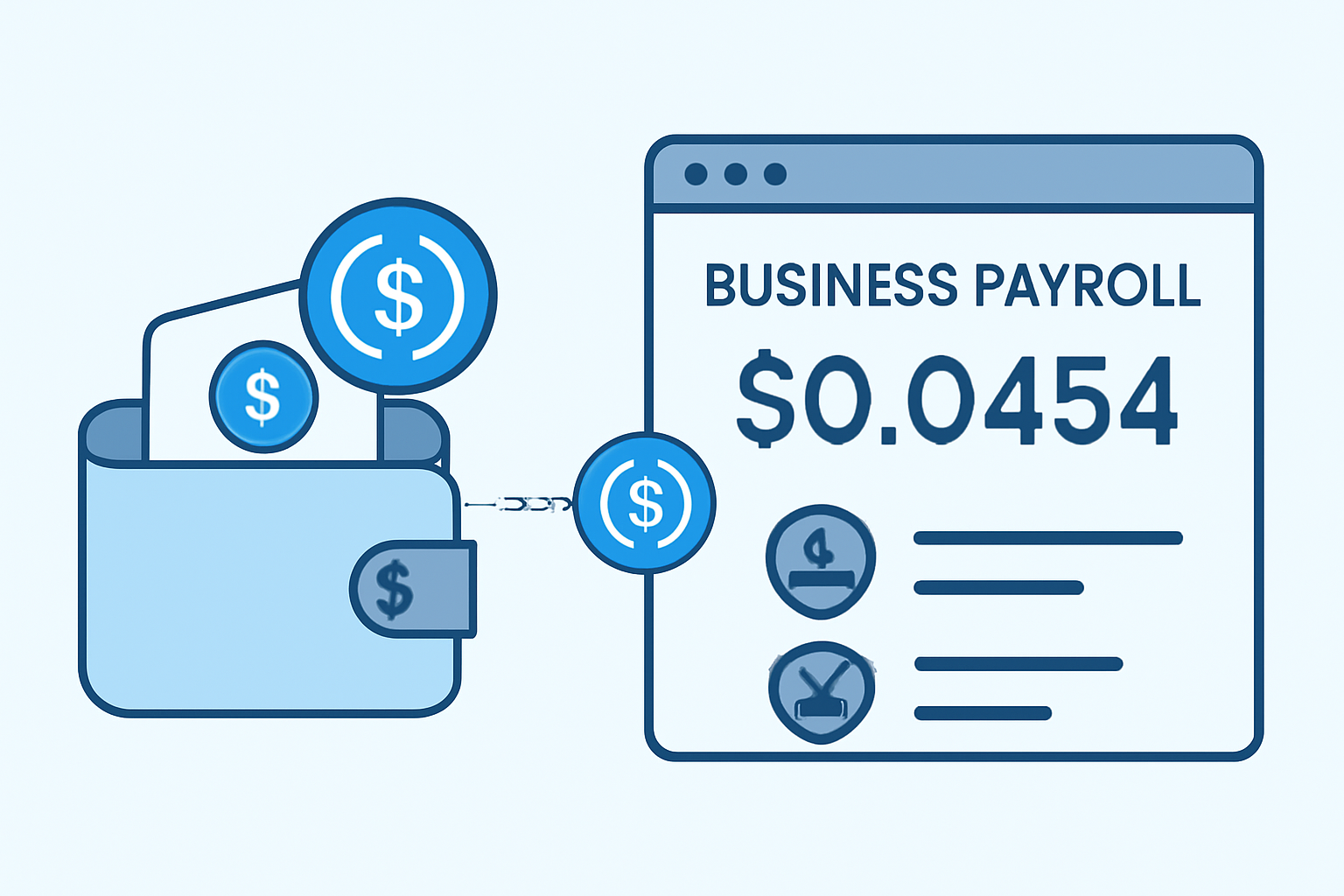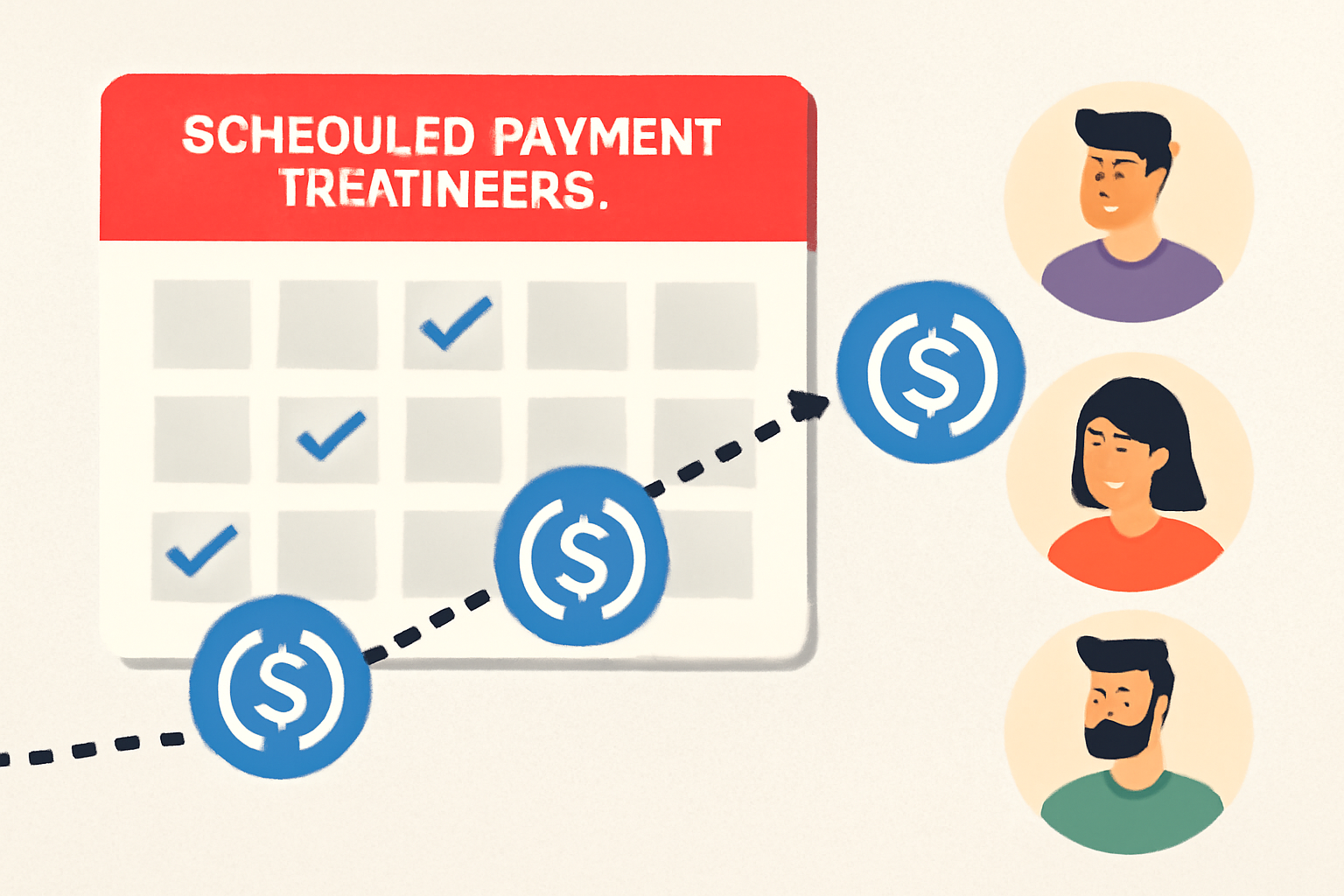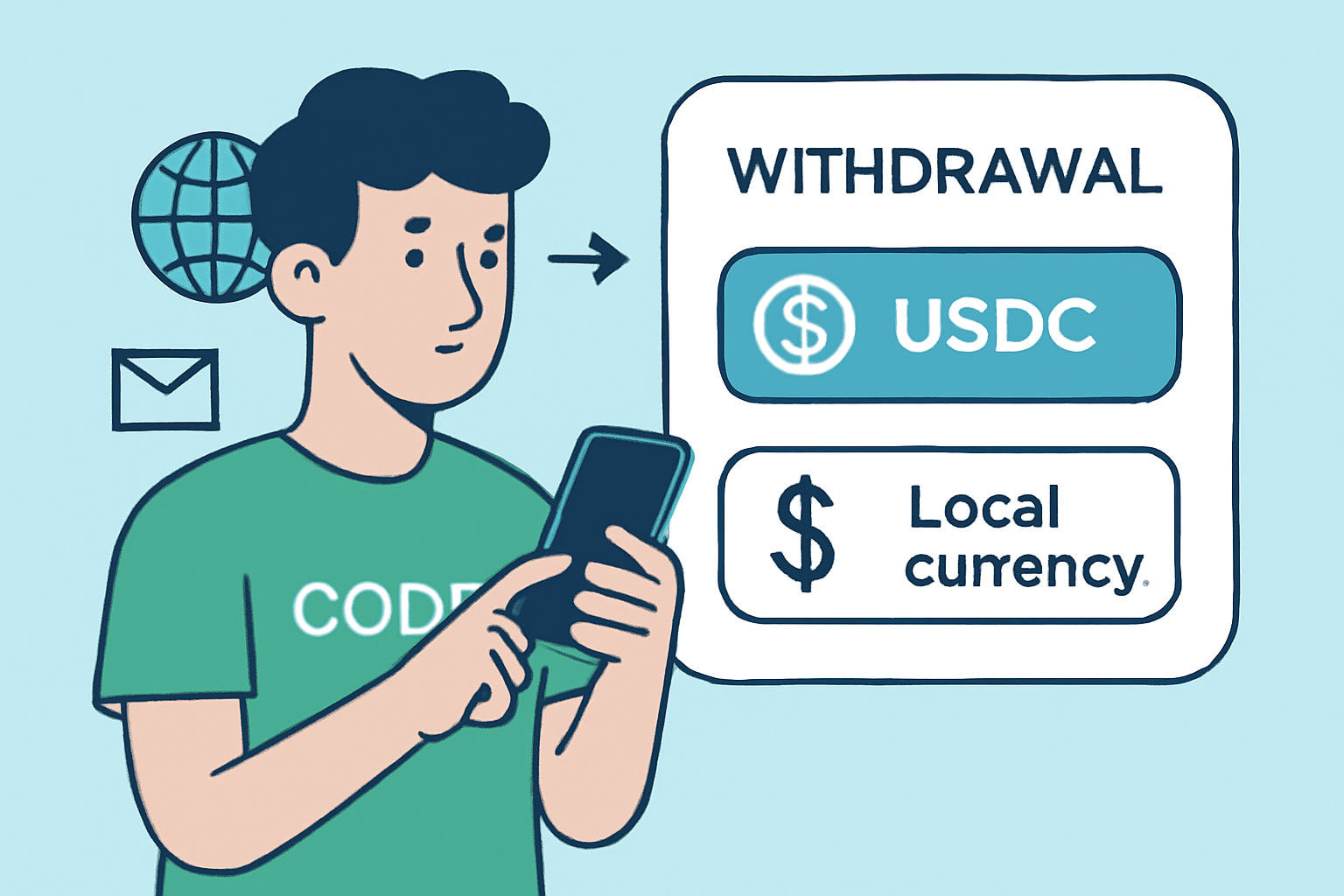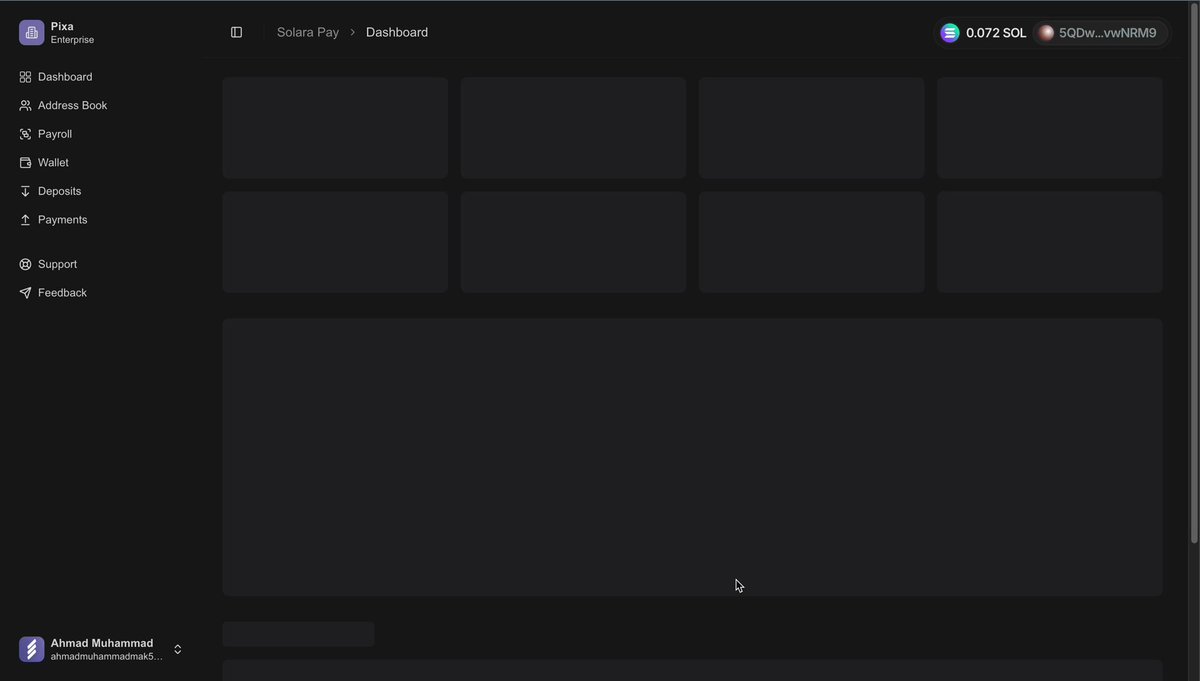
For global startups, the ability to pay remote developers with USDC is no longer a futuristic concept, it’s a strategic advantage. As of September 24,2025, USD Coin (USDC) is priced at $0.0454, reflecting its stability and utility as a payroll medium. With platforms like Remote and Bitwage now offering seamless USDC payouts in nearly 70 countries, startups can empower their engineering teams with borderless, near-instant compensation. This guide unpacks the key steps and considerations for integrating USDC into your cross-border payroll strategy.
Why Startups Are Embracing USDC for Developer Payrolls
The market has shifted: Web3 infrastructure teams are already paying dozens of engineers in stablecoins each month, and SaaS startups are moving up to 80% of their operational expenses to USDC. The motivations are clear, traditional international wire transfers are expensive, slow, and often subject to unpredictable fees or currency fluctuations. By contrast, stablecoin salaries for developers provide:
Top Benefits of Paying Remote Developers in USDC
-

Stable Value, Dollar Peg: USDC is a stablecoin pegged 1:1 to the US dollar, helping developers avoid crypto volatility and receive predictable compensation. As of September 24, 2025, Multichain Bridged USDC (Fantom) is priced at $0.0454.
-
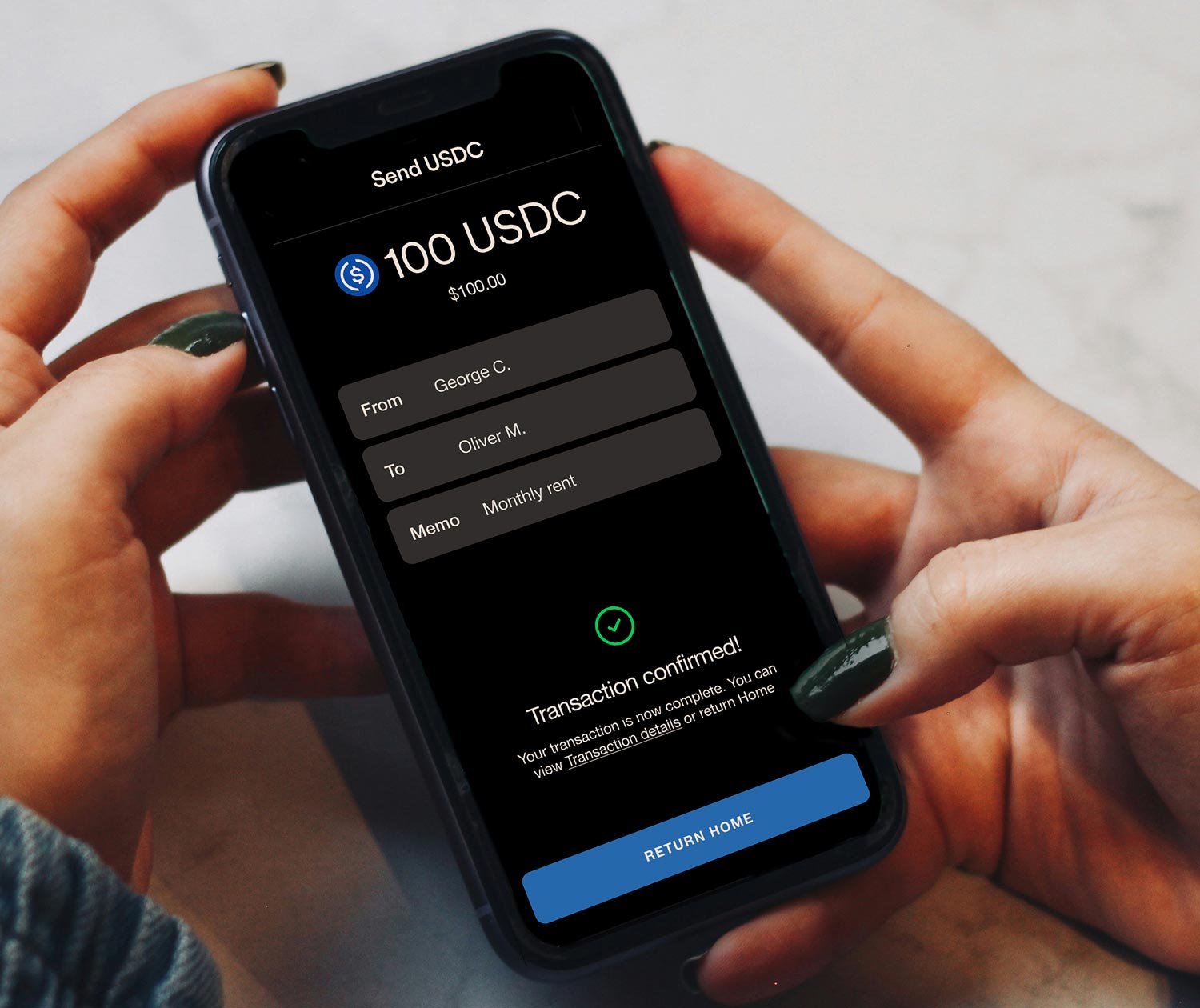
Lower Fees and Borderless Transfers: Sending USDC on blockchains like Stellar or Ethereum typically incurs much lower fees than international wire transfers, making cross-border payroll more cost-effective for startups.
-

Transparent and Traceable Transactions: Every USDC transaction is recorded on the blockchain, providing startups and developers with clear, auditable payment records for compliance and peace of mind.
This evolution is not just about convenience; it’s about building resilient global teams that can be paid compliantly and efficiently regardless of borders.
How Cross-Border Payroll for Startups Works with USDC
The process to pay remote developers with USDC is now streamlined thanks to modern payroll platforms:
Onboarding your team is straightforward. For example, when contractors join Remote, they select whether to receive payment in local currency or directly in USDC, no extra hoops required (source). Services like Bitwage take it further by leveraging the Stellar blockchain for ultra-low fees and fast settlement (source).
Compliance and Transparency: Meeting Global Payroll Standards
Pioneering USDC payroll compliance means more than simply sending coins from one wallet to another. Leading payroll providers ensure KYC/AML checks are integrated during onboarding, helping startups stay compliant across jurisdictions. Payment records are transparent on-chain yet privacy-preserving, a unique combination that appeals to both finance teams and auditors.
This transparency also makes reporting easier at tax time while providing peace of mind that every transfer can be traced back if needed.
A Look at Real-Time Market Data: Why Price Stability Matters
The current price of Multichain Bridged USDC (Fantom) stands at $0.0454, with minimal volatility over the last 24 hours, a testament to stablecoins’ core value proposition for salaries. Unlike volatile tokens or traditional FX pairs, this stability ensures developers receive predictable compensation regardless of where they live.
For startups scaling across borders, the operational simplicity of global payroll crypto solutions cannot be overstated. Once developers are onboarded and payment schedules set, USDC payouts can be executed in seconds. This eliminates the lag associated with wire transfers or SWIFT, which can take days to settle and often introduce hidden intermediary fees. With USDC, both employer and developer enjoy clarity: what you send is what arrives.
Optimizing Developer Experience and Retention
Paying remote developers in USDC not only streamlines operations but also boosts talent retention. Developers appreciate the flexibility to hold, convert, or spend their earnings as they see fit. Many platforms now allow instant withdrawal to local bank accounts or conversion into other cryptocurrencies, giving engineers unprecedented control over their compensation.

This flexibility is especially valuable for digital nomads or those in regions with unstable local currencies. By offering stablecoin salaries for developers, startups position themselves as forward-thinking employers who respect financial autonomy.
Key Considerations for Cross-Border Payroll Success
- Regulatory Landscape: Stay up-to-date on evolving crypto payroll regulations in each country where your team operates.
- Platform Selection: Choose providers that offer robust compliance features and multi-chain support (e. g. , Stellar, Fantom).
- Education: Ensure your developers understand how to manage their wallets securely and report income per local tax laws.
- Transparent Fees: Confirm all transaction costs upfront, USDC’s low fees are a major advantage over legacy banking rails.
Case Study Snapshot: How a SaaS Startup Shifted to USDC Payroll
A recent example from the Web3 sector highlights the impact: one SaaS startup transitioned 80% of its operational expenses to USDC using Remote’s platform. The result? Faster payments to 60 and global engineers, reduced overhead on currency conversions, and happier contractors empowered by borderless payments (source). Their finance lead notes that reconciliation is now easier than ever thanks to on-chain records and automated invoicing tools.
Practical Tips for Onboarding Remote Devs to USDC Payroll
-
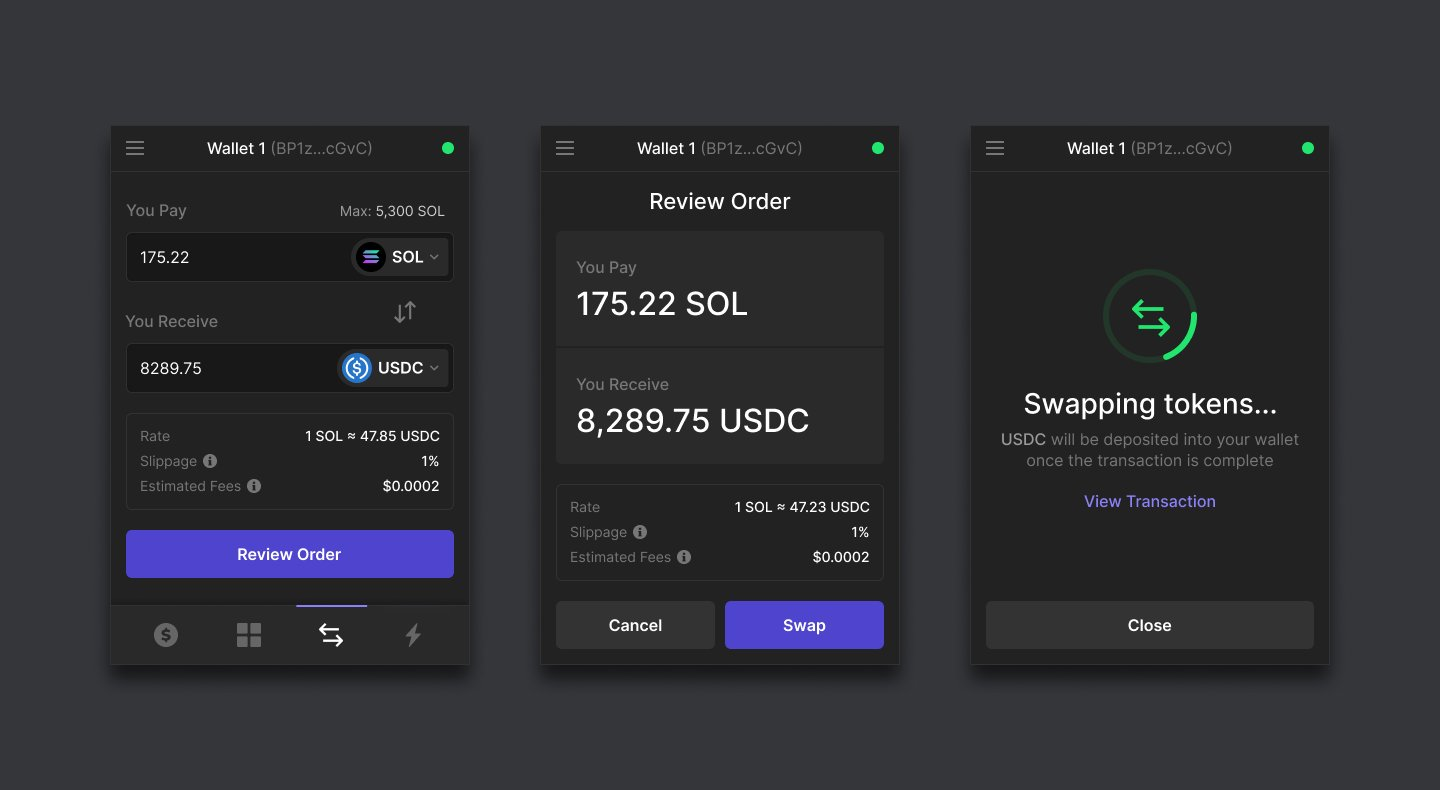
Verify Developer Wallet Addresses Securely. Instruct developers to provide their USDC-compatible wallet addresses (e.g., Ethereum, Stellar) through secure channels, and double-check for accuracy to avoid payment errors.
-

Educate Developers on Stablecoin Basics and Risks. Share resources explaining how USDC works, its 1:1 USD peg, and current market data (e.g., Multichain Bridged USDC on Fantom is $0.0454 as of September 24, 2025), so developers understand value stability and withdrawal options.
-

Clarify Tax and Compliance Requirements. Use platforms that handle KYC/AML checks and provide guidance on local tax implications, ensuring both your startup and remote developers remain compliant.
-
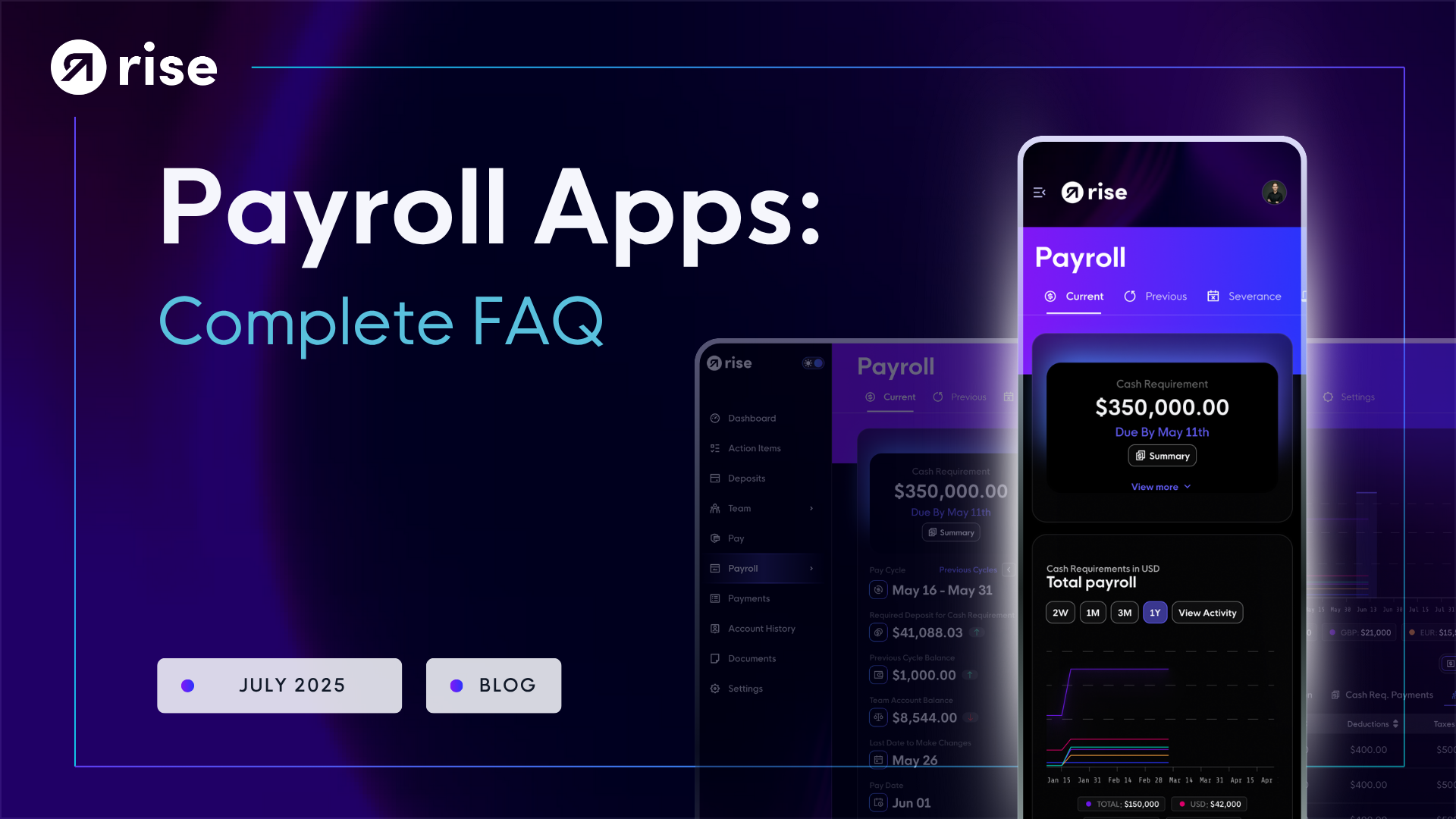
Set Clear Payment Schedules and Notifications. Establish regular payout cycles (e.g., weekly or monthly) and use automated notifications so developers know when to expect USDC payments.
-

Offer Flexible Withdrawal and Conversion Options. Ensure developers can easily withdraw or convert USDC to local currency using exchanges or integrated platform features, providing links to trusted services if needed.
The Future of Remote Work Is Crypto-Native
The momentum behind paying remote teams with stablecoins is accelerating as more platforms integrate compliant crypto rails. With Multichain Bridged USDC (Fantom) holding steady at $0.0454, startups have every incentive to shift away from legacy systems toward faster, cheaper, and more transparent payroll solutions.
The ability to pay remote developers with USDC is not just a technical upgrade, it’s a cultural one. It signals trust in your team’s autonomy and an embrace of the future of work.





